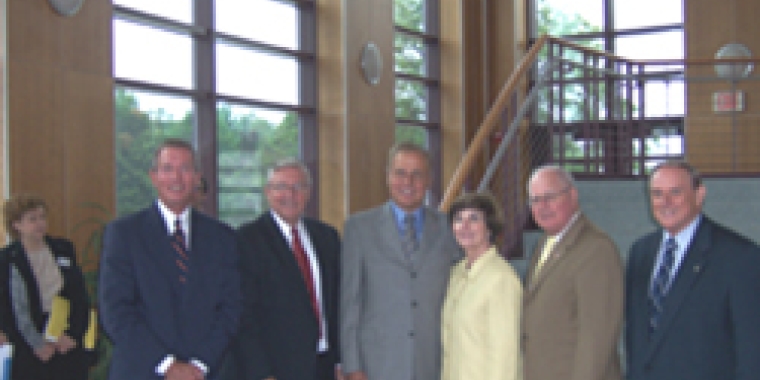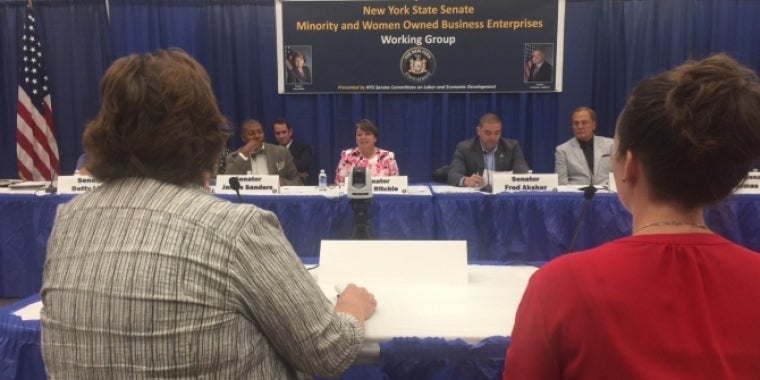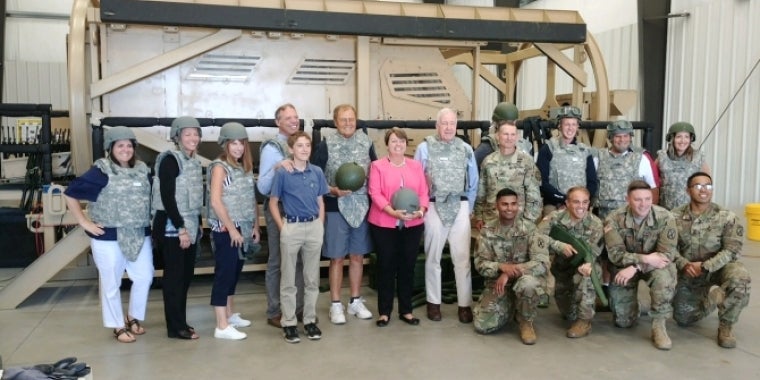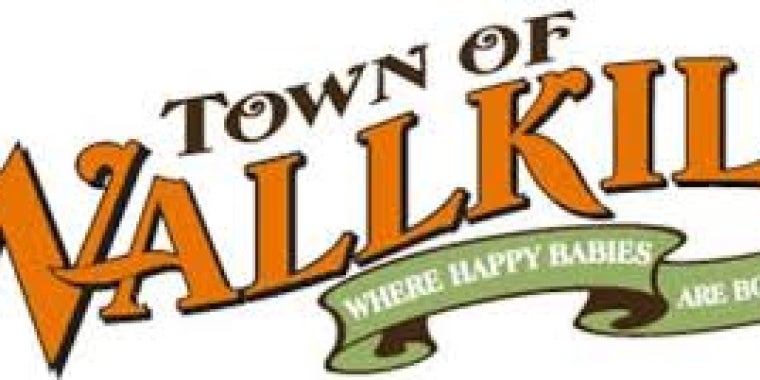
Senators And Community Colleges Initiate $4 Million Regional Domestic Preparedness Institute

Community colleges in Ulster, Orange, Sullivan, and Rockland Counties have joined together to develop the Hudson Valley Domestic Preparedness Community College Consortium. The Consortium will allow students throughout the Hudson Valley to take classes and receive degrees in emergency management, fire protection science, paramedic, and cyber security.
Graduates will be in a prime position to seek jobs with professional fire departments, police departments and emergency service organizations, as well as in private industry as emergency management specialists in the Hudson Valley and in the metropolitan area.
The Consortium was first discussed at a Spring 2005 meeting between State Senators John Bonacic, William Larkin, and Thomas Morahan along with community college officials.
The Senators then worked together to secure the $4 million cost of the necessary equipment and laboratories. The initiative will allow students throughout the Hudson Valley to take classes on the campuses of Ulster, Orange, Rockland and Sullivan Counties and earn a degree. Classes will focus on fire protection technology, emergency medical services, cyber security and basic police training.
Senator John Bonacic said, "This Consortium creates new possibilities for students from the Mid-Hudson region who may have thought about traveling to attend John Jay or one of the other premier criminal justice institutes. This will give our local students an opportunity to study a growing subject area and earn a degree close to home."
Senator William J. Larkin, Jr. said, "Our community colleges are particularly well- suited to help us meet a need in our region that is reaching the critical point. Community colleges admit thousands of students each year. I believe that this innovative program will attract many of those men and women into the emergency services and first responder communities and help improve the disaster response capabilities in our region."
Marianne Collins, Director of Institutional Advancement at Ulster County Community College is coordinating the program for all four colleges. "As education and technology become more specialized, and as disaster prevention and preparedness needs expand, we believe this will put Hudson Valley students on the cutting edge of a growing and critically important field," Ms. Collins said, adding, "Individually, our colleges could not have done this. As a group, through the leadership of Senators Bonacic, Larkin, and Morahan, and the innovative work of the colleges, we have made it happen."
Dr. Donald C. Katt, President of SUNY Ulster County Community College said, "There is a critical need throughout the region and the metropolitan area for well-educated managers in emergency services and preparedness. These degree and certificate programs can accommodate people who may not want a traditional liberal arts program but who recognize the value that post secondary education brings to serving the public in important, security related ways."
The Consortium will be administered jointly by all four campuses - Ulster, Orange, Rockland and Sullivan. The presence of live, interactive video classrooms connecting the campuses to each other, will allow a diverse array of classes to be taught at the same time to students at any one of the four campuses. In addition, full use will be made of online instruction to supplement and expand the range of classroom offerings.
"Our graduates will be ready to take leadership roles in major fire, police, emergency service and security departments throughout the region. They will have a background in management, understand the principles behind providing emergency services and be able to apply their knowledge in the 'real world' in the most dangerous situations," said Dr. William Richards, President at SUNY Orange.
"This Consortium was developed to reach the student who is looking for a career in public service. The innovative, multi-college setting will provide an ideal learning environment for these students. The program has been designed to enhance graduates’ employability as well as enable them to provide critical services to the region or in their home community," said Dr. Cliff Wood, President of Rockland Community College.
Tuition will be the same as regular courses offered at the campuses. The first interactive classes are expected to begin in spring 2007. Two years ago, each volunteer fire department and EMS organization in the State was also given the opportunity to have one member receive a scholarship to any SUNY school.
Some of the programs include the liberal arts and general education courses that will enable students to transfer to bachelor degree programs in the future. This unique collaborative effort is an important example of regionalism working for the greater good in an effective and efficient way.



